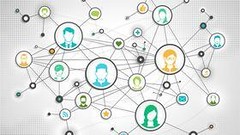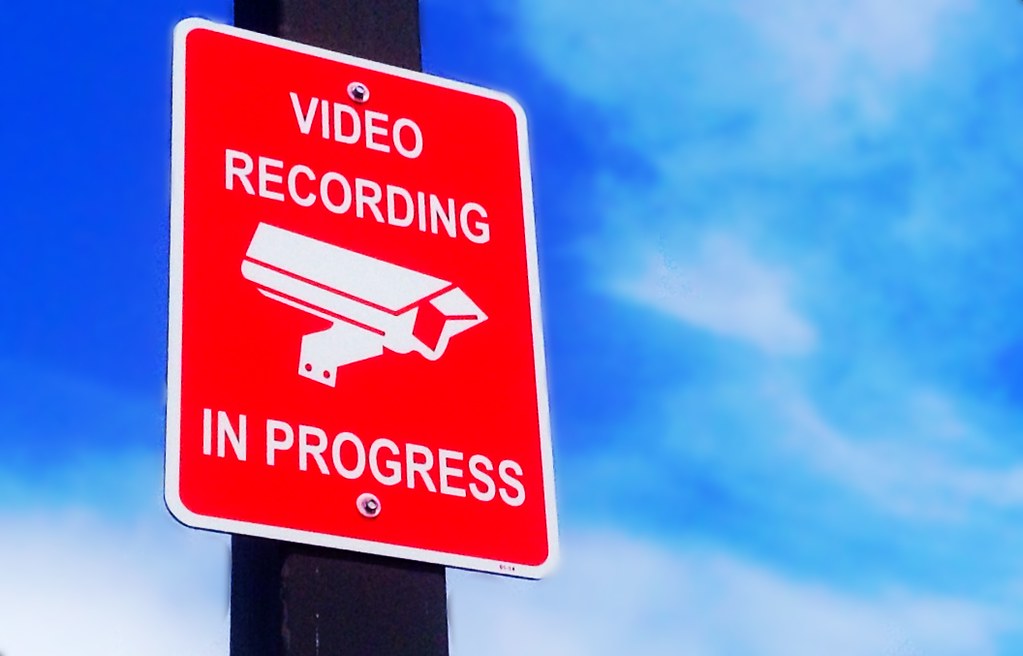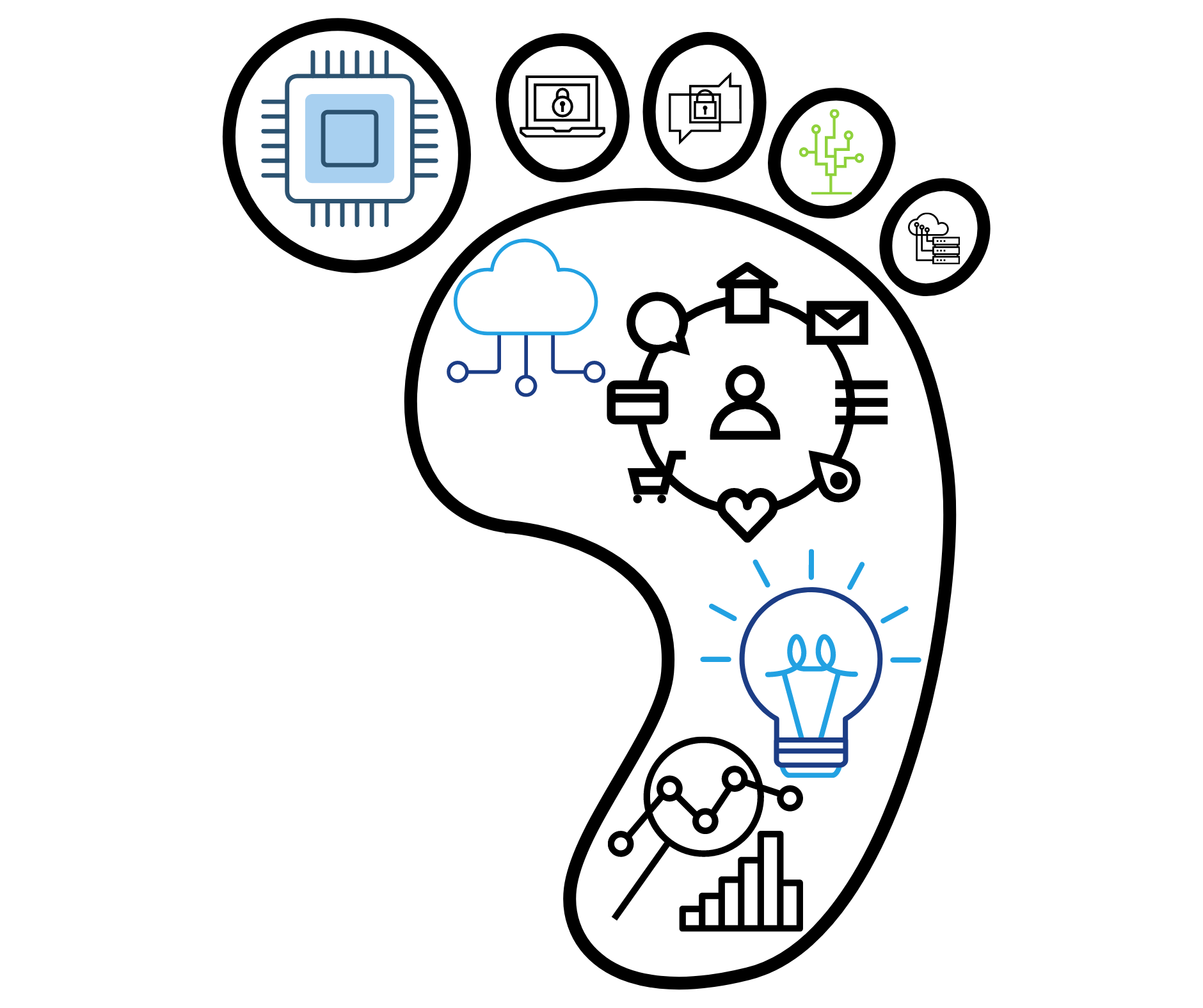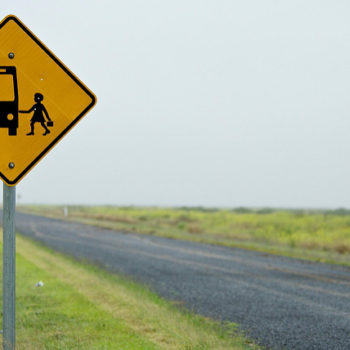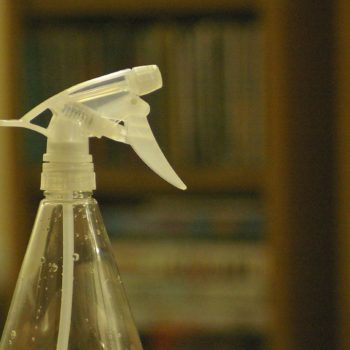Social media platforms such as Facebook, Instagram, and Twitter have become an ingrained daily habit to millions of people. To what extent is this healthy? Social media has transformed the way we connect, share our experiences, and stay informed. It has grown much since its roots being something arguable that many people wouldn’t know what to do if it wasn’t as prominent. Despite the convenience of staying connected, social media has many negative drawbacks, including distractions, negative impacts on mental health, and the mass spread of misinformation.
Social media if not used productively can waste many hours out of the day which could of been spent on more beneficial tasks such as advancing a skill or hobby. Not even to mention how it can distract from those more beneficial tasks even when you get to them. With countless notifications and social media being used as a quick form of dopamine creating an addictive distraction taking away from your day. There has as well been studies into the lasting decreased attention spans as a result of overuse of social media. All of these adding up to create a picture of social media having the potential to be a harmful distraction.
Ever since social media has gained its notoriety the percentage of real, face to face, social interactions with others has gone done. This is especially unhealthy as this leads to a lack of development in interpersonal skills among many. Even in interactions with friends, social media can often make it superficial not being able to provide true depth into conversations. These are just a few of the reasons why social media has been found to cause an increased rate of depression, loneliness, and social anxiety.
With the spread and reach that social media has it is to no surprise that it is being a major competing source of information. But how much of it is true? Due to the way social medias algorithms work misinformation can fester and spread rapidly. To which can cause confusion to many when faced with fake information. But to not negate the positives, even with all of the false information social media allows for quick access to real information when taught how to shift through the real and fake. And when used in a positive and productive manner, social media can be used for communal and education growth in a way not many other things can.
Although social media definitely has its benefits, the many negative drawbacks, including distractions, negative impacts on mental health, and the mass spread of misinformation cause social media to be harmful when ingesting in large quantities. This is not to say it is not good when used occasionally and responsibly. But the main issue being that not many people have found the healthy in between yet, and that it should be a goal to many to find that healthy balance.

